While serving in the Army and Mississippi National Guard from 1981 to 1994, Dan Fordice never took part in combat. But he has always maintained a passion for helping other Veterans who suffered physically, mentally and emotionally from their combat experiences.
A little more than a decade ago, Fordice met fellow Army Veteran Gregory Williams, who experienced a traumatic brain injury when a rocket-propelled grenade struck and exploded an ammunition box very close to him in Afghanistan in 2006. Williams, who was medically retired in 2011, earned the Purple Heart for wounds received in combat. He has been diagnosed with PTSD.
With the two in a conversation, Williams made a remark that is etched in Fordice’s memory: “He said, `I could spend eight hours with a Ph.D.-certified counselor,’” Fordice recalled. “`But what I really need is one hour around a bonfire with five or six of my buddies that were there.’”
`That’s why people jump on hand grenades’
Fordice would come to understand what Williams meant. He took six post-9/11 Veterans with physical and mental disabilities deer hunting near his brother’s lake house in Mississippi and expected them to sit around a campfire, talk and have a good time.
Something else happened.
“The six guys around the table didn’t know each other, and five minutes later it was like they were back in the same unit again,” Fordice told VA’s Veterans Experience Office. “They were best friends, and they were working on each other. One guy said, `I’m having these problems at VA. I can’t get this done. I can’t get that done.’ The guy on the other side said, `You’re going to the wrong person. You need to see this person.’ They’re exchanging cell phone numbers. My brother and I looked at each other and went, `Uh oh. There’s way more to this than deer hunting.’
“The guys were telling me this is the most therapeutic thing I’ve ever done in my life. This must continue. And it just blew me away. I’m going, `What are you all talking about? I don’t understand.’ But it turned out that all I need to do is convince them to come out of the house and get together. They’re the ones doing the work with each other. And again, I see it over and over and over again, and I cannot discern who’s getting the most out of the help: the one that’s doing the help or the one that’s receiving the help. It’s all about helping your buddy. Civilians can’t understand that these guys would genuinely rather die than have their buddy die. That’s why people jump on hand grenades. That’s a powerful thing for civilians to understand.”
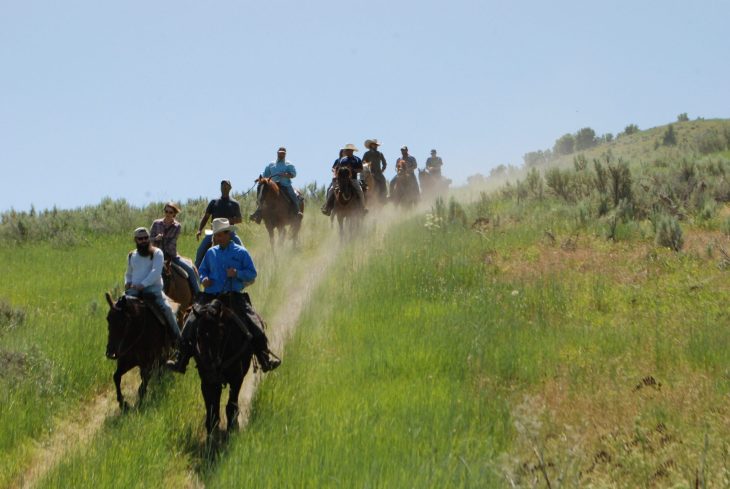
Members of the Warrior Bonfire Program enjoy a trail ride in Paradise, Utah, as part of the recreational therapy offered on the retreats. (Photo courtesy of Warrior Bonfire Program)
Veterans confide in one another
Fordice realized that Veterans confide in each other and connect emotionally in ways they don’t with other people, including their families. He thus launched the Warrior Bonfire Program, which has grown to organize activity-based stress-free events that promote camaraderie and therapeutic heeling for enemy combat-wounded post-9/11 Veterans—Purple Heart recipients. About a third of the Veteran participants are amputees, and a large percentage have suffered TBIs. Many are also battling mental conditions, namely PTSD, depression and suicidal thoughts.
To help the Veterans in their pursuit to recovery and healing, the Warrior Bonfire Program organizes more than 20 small group retreats per year featuring such activities as sailing, hiking, horseback riding, golfing, fishing and kayaking. Over the past decade, 274 Purple Heart Veterans have actively participated, with 91 spouses and children. Veteran participants have ranged in age from the 30s to the 70s. (Although the program focuses on post-9/11 Veterans, it tries to include Vietnam Purple Hearts but keeps them local to the area where the retreat is taking place.)
All the while, these Veterans build friendships with others who have served and are struggling with similar physical and mental disabilities. Their ability to connect triggers a special feeling.
“Because they were wounded on the battlefield, each of them at one point around the time of that trauma felt a bit vulnerable and frightened,” said Helen Phillips, vice president of the Warrior Bonfire Program. “They understand the struggle just to come back from those feelings alone, and that the daily grind to push through and take care of some of the simplest tasks can sometimes feel insurmountable.
“They understand that getting out of the house and doing something new can be a great accomplishment. Most importantly, they learn from each other that helping one another brings about greater healing. They lean on each other for resources, links to specific needs and knowing they can reach out to each other whenever they’re in need. In our 10 years of existence, we’ve witnessed incredible connections, new friendships and growth in a network of people that only want what is good for everyone around them.”
Members can be trained as leaders
The Warrior Bonfire Program’s tagline is “pain shared is pain divided; joy shared is joy multiplied.” Retired Army Lt. Col. Dave Grossman, who has written extensively on the psychological impact of combat and killing, coined that phrase.
The program is not a one-and-done. Given that healing takes time and progresses at various rates, the Warrior Bonfire Program allows members to return. But the program limits the frequency of their participation to give new members first priority. It also maintains a group of volunteers who check in with each member in the organization’s database, which is close to 400. “Surprisingly, our members have really enjoyed this connection,” Phillips said.
The trips are free for Veterans, with lodging, meals, travel and activity fees included.
Plus, the Warrior Bonfire Program organizes an initiative called Bonfire Leaders. That program consists of Purple Heart Veterans who have gone through the program and decided they want to give back in various ways. They are trained to be leaders for retreats, speakers and mentors, and to serve as peer support for Veterans during stressful times.
- Retreats feature activities such as sailing, hiking, horseback riding, golfing and fishing.
- Veterans can build friendships and experience camaraderie.
- Warrior Bonfire Program focuses mainly on post-9/11 Purple Heart Veterans and makes it easy for them to register.
The sharing of any non-VA information does not constitute an endorsement of products and services on the part of VA. Veterans should verify the information with the organization offering.
Topics in this story
Link Disclaimer
This page includes links to other websites outside our control and jurisdiction. VA is not responsible for the privacy practices or the content of non-VA Web sites. We encourage you to review the privacy policy or terms and conditions of those sites to fully understand what information is collected and how it is used.
Statement of Endorsement
Reference herein to any specific commercial products, process, or service by trade name, trademark, manufacturer, or otherwise, does not necessarily constitute or imply its endorsement, recommendation, or favoring by the United States Government, and shall not be used for advertising or product endorsement purposes.
More Stories
Honor Flights honor America's Veterans by flying them to Washington, D.C., to visit the memorials built in their honor. Read a first-hand account and find out how to get involved as a participant or volunteer.
Musicians On Call is hosting “Concert For Veterans,” a special virtual concert that bridges the gap between hospital walls and our nation's recognition of Veterans.
The American Red Cross Military and Veteran Caregiver Network provides caregivers with a variety of resources and support.

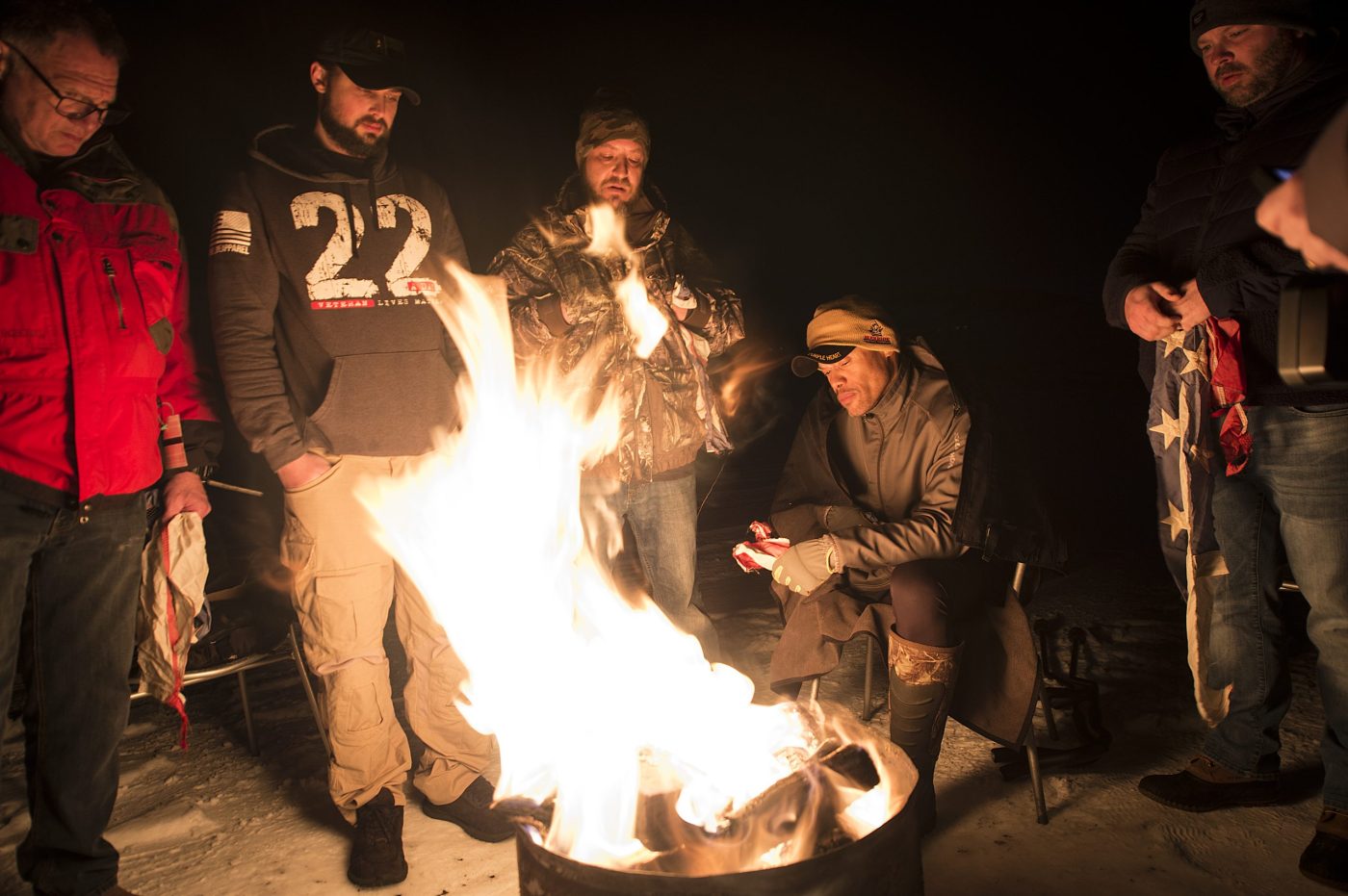
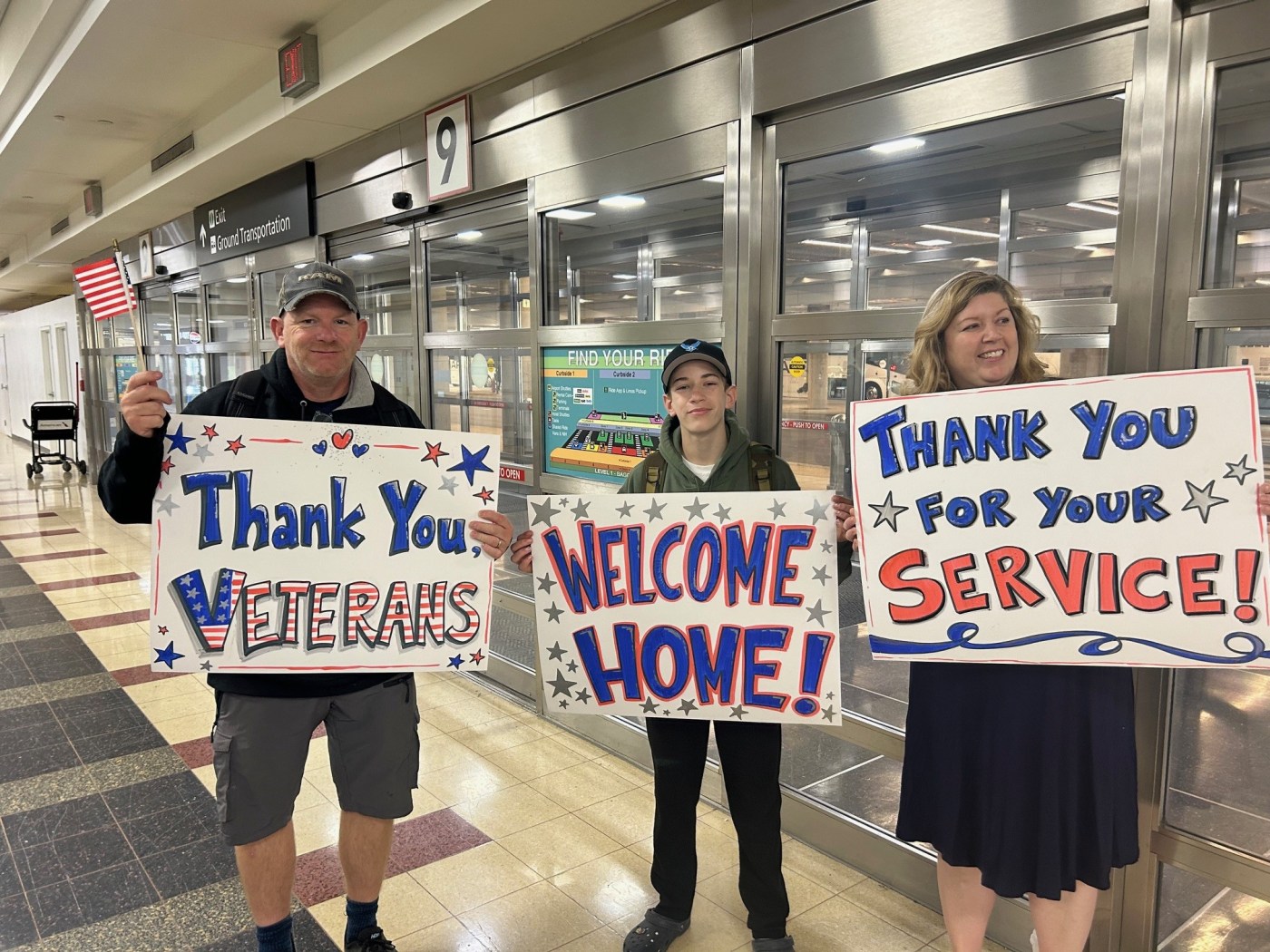
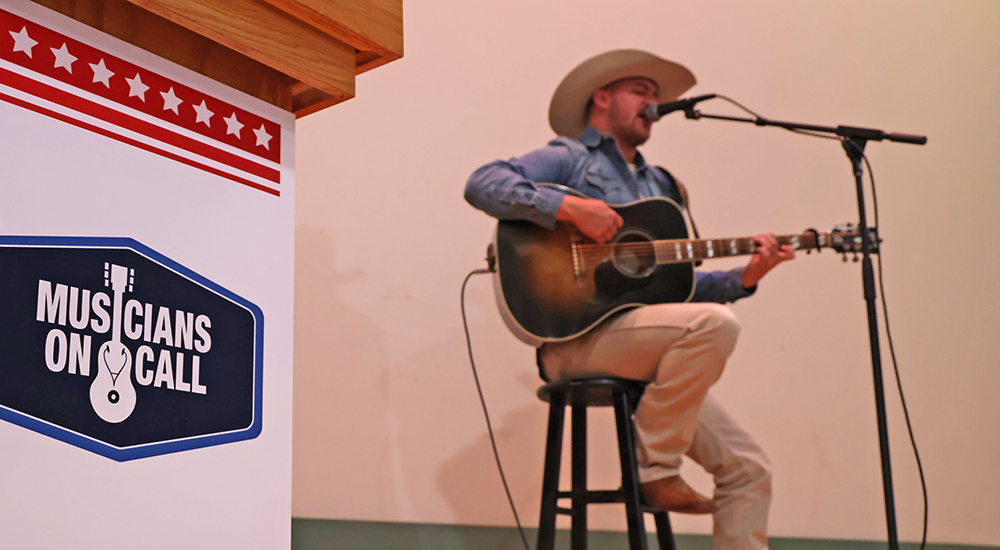
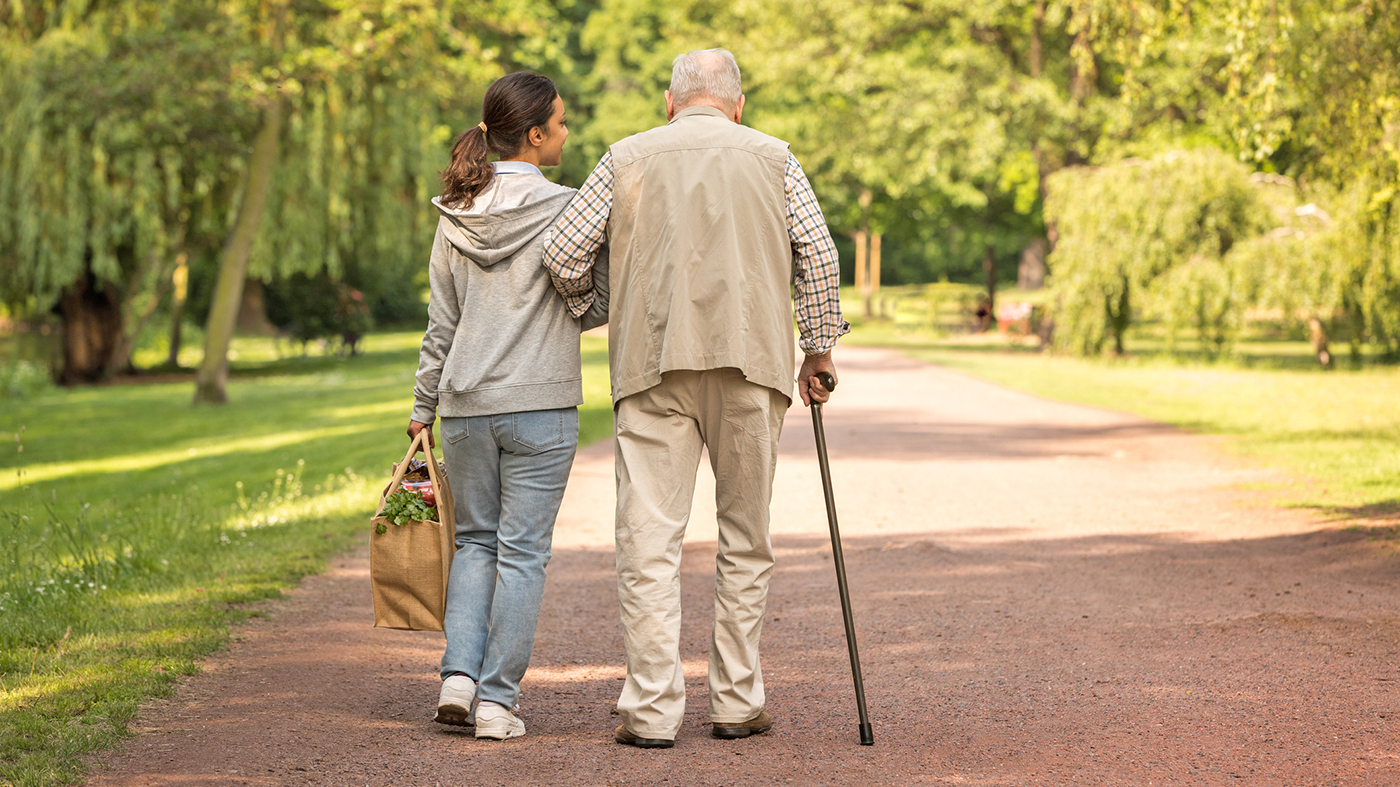


Joe, You are right, they should not just ignore us, we all have the same problems, combat is combat, all should be include
Viet Nam
1966-1967
2nd batt./ 3rd marines
Dennis, you make some good points, however, it seems you missed my main one which is how can you evaluate a program when by eligibility requirements, you are disqualified from participating? Same as the Wounded Warrior Project—they define eligibility requirements as post 9/11/2001 veterans. I’m just tired of us combat wounded Viet Nam and Korean combat PH recipients intentionally being ignored or denied the same recognition as post 9/11 vets. I don’t lose sleep over it, yet it doesn’t make sense, nor is it right. Try to explain it to a blind, paralyzed or amputee Nam or Korean War vet. Same to their Gold Star families.
Joe Gallagher
Viet Nam 1967
Joe just think I did not welcomed back until 50 years after by a doctor at VA, her father served in nam , maybe we should start our own bonfire for nam vets with purple hearts.what works in UTAH just might work elsewhere and with older vets, don’t condem something unless you tried it. thanks brother.
proud marine purple heart vet
Wow I See Some Nice Things on here , I’am Interested in the Utah Purple Heart Visit and How Can I Find Info On This .
David E. MacMorran
I am a twice combat wounded proud Marine Viet Nam veteran. Your policy of generally excluding Viet Nam and Korean war Purple Heart recipients is profoundly insulting, disgusting and dishonorable. I guess the blood we shed in horrific conditions isn’t valued as much by your organization. It’s like coming home to a generally ungrateful nation; your position is just another unappreciative slap/spit in the face! Most of us remaining Viet Nam and Korean combat vets will be dead in another 10-20 years, so you can continue to ignore and exclude us and make believe we don’t exist.
HI Joe, You are a Purple Heart Viet Nam Vet, therefore you were brought up to use your brain. First, go back and read the article “Although the program focuses on post-9/11 Veterans, it tries to include Vietnam Purple Hearts but keeps them local to the area where the retreat is taking place.” We are baby boomers, we think and view the world differently than the younger generations. We Purple Heart Vets are all brothers in trauma, and there is nothing wrong with different generations supporting their own. I am a Purple Heart, Viet Nam Vet, I think this is a great program, even if they only did this for post 9/11 vets, which they do not.
Case in point, read Dave Jacobs below. He needs to go to his safe room, put up his “no guns” sign and complain to his peers about someone saying “bad words” that hurt his feelings. I do not think you will find many Viet Nam Vets saying the things he is saying.
People have been sitting around campfires and having wood burning stoves INSIDE their homes for thousands of years. The Body knows how to clear itself of toxins. It is the massive amount of synthetic toxins, that modern day people put in their bodies, that overwhelm their immune systems and thus their bodies have trouble clearing the natural things like smoke.
I thank your team for such excellent messages. How can I have my story and book submitted for review and sharing?
Couldn’t help laughing at the second comment.
My nephew Ryan Holt, a Marine Veteran runs a nature hostel in Maine for various Veteran’s retreats.
Iraq and Afghanistan Veterans: We have cancers and breathing problems from inhaling crap overseas.
Warrior Bonfire Program: Let’s create a program where veterans sit around and inhale smoke, which is known to cause cancer and breathing problems.
Good call, geniuses…
You do not have to participate…Genius.
Pretty immature response.
The guy seems like he was trying to make a point that it seems counterintuitive that VA is promoting a program that is known to cause pulmonary issues while paying benefits and providing healthcare for pulmonary issues. That would be like VA promoting stories about firearm clubs, skydiving events, and poker tips. Sure, vets participate in those activities, but why should VA promote those things? Just because vets do those things doesn’t mean it’s a healthy alternative to addressing core issues. If there was no bonfire, then it eliminates the potential exposure to toxic chemicals.
The bigger problem with VA promoting this program is it’s a band-aid fix. Any long term healing requires follow up that continues to reinforce positive behaviors and growth. VA knows this. This boys club shows no actual therapy. It’s guys sitting around a fire and swapping stories. That may feel good for a moment, but it provides no strategies or solutions for dealing with traumatic events.
If you want a free trip paid for by someone else to have a few fun days, sign up. If you want and need actual mental health help, this program isn’t it.
VA should really have a mental health professional review what they’re putting out before directing veterans to an organization like this. Good intentions, poor execution.